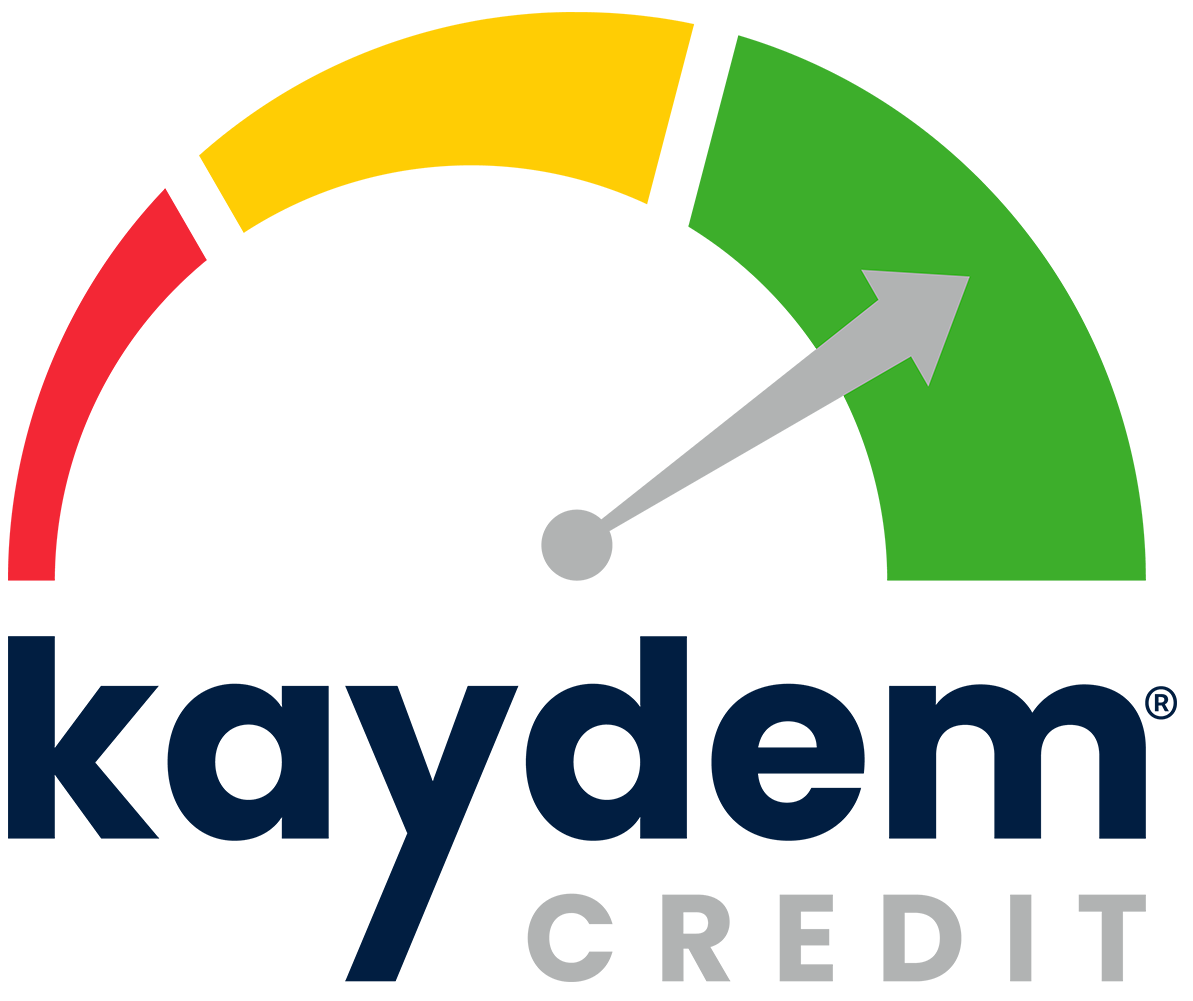Leveraging home equity for financing has become a popular strategy among homeowners seeking to capitalize on their property’s value. This financial maneuver involves borrowing against the equity built up in a home, offering a potential source of funds for various needs or projects. The allure of accessing substantial amounts of money, often at lower interest rates than other borrowing forms, makes it an attractive option for many. However, many ask: “What is home equity financing?” and “Is this financing safe?”. The decision to tap into home equity is not without its risks and complexities. Therefore, this article explores what home equity financing is and its benefits and drawbacks, offering a comprehensive and balanced view for individuals contemplating this financial strategy.
What is Home Equity Financing?
So, what is home equity financing? Home equity signifies the extent of ownership a homeowner possesses in their residence essentially mirroring the segment of the property genuinely “owned.” At its core, home equity is the difference between the current market value of a property and the outstanding balance on any mortgage or loans secured against it. If the property were sold today, home equity is the amount the owner would receive after settling any mortgage dues.
How to Calculate Home Equity
Calculating home equity is straightforward:
- Ascertain the current market value of your property. This can be done through a professional appraisal, a real estate agent’s comparative market analysis, or online valuation tools.
- Subtract the total amount of any outstanding mortgage balance or loans secured by the property from its current market value.
For example, if your home is valued at $300,000 and you owe $200,000 on your mortgage, your home equity is $100,000.
Factors Influencing Home Equity Growth
Several factors can affect the growth of home equity, including:
Pros of Leveraging Home Equity for Financing
Leveraging home equity has become a go-to financing strategy for many homeowners and with good reason. This approach offers several benefits, from more favorable interest rates to significant tax advantages. Here is a closer look at the pros.
Lower Interest Rates
One of the primary advantages of leveraging home equity for financing is access to lower interest rates compared to other types of loans, such as personal loans or credit cards. Home equity loans and home equity lines of credit (HELOCs) often have notably lower rates because your property secures the loan. Lenders see these loans as less risky since the borrower uses their home as collateral, leading to more favorable terms for the homeowner.
For instance, while credit card APRs can soar into the double digits, home equity loans might offer single-digit interest rates, depending on the borrower’s creditworthiness and market conditions. This difference can translate into significant savings over the life of the loan.
Tax Benefits
Another potential pro is the tax benefits associated with home equity loans. In certain situations, homeowners can deduct the interest paid on a home equity loan or HELOC from their taxable income. However, it is important to note that this deduction is subject to limitations. The Tax Cuts and Jobs Act of 2017 stipulates that interest from a home equity loan is deductible only when the loan is utilized to purchase, construct, or significantly enhance the borrower’s home securing the loan. Consequently, using home equity for objectives such as consolidating debt or funding educational costs does not meet the criteria for this deduction.
Large Amounts of Funding Available
A home equity loan can provide a significant sum, contingent on the equity accumulated in your home, making it a compelling choice for funding large expenses or ventures. Homeowners often leverage their equity for major renovations, enhancing their living experience and potentially the value of their home. This financing option is also popular for consolidating high-interest debt, paying for college tuition, or investing in real estate due to its attractive terms.
Flexibility in Use
Home equity loans offer remarkable flexibility in how funds can be used. Unlike a car loan or student loan, which must be used for specific purposes, you can use a home equity loan for virtually any expense. This flexibility makes it a valuable financial tool for homeowners who need access to funds for various needs, without the restrictions imposed by other types of loans.
Cons of Leveraging Home Equity for Financing
Leveraging home equity can provide significant advantages, however, it also carries considerable risks and potential downsides. It is vital for homeowners to fully comprehend these disadvantages before opting to go this route.
Risk of Foreclosure
The most glaring risk when taking out a home equity loan is the possibility of foreclosure. Since these loans require using your home as collateral, failing to meet repayment obligations can lead to the lender taking possession of your property. This is a substantial risk, as it not only means losing your home but also negatively impacts your credit score and financial stability. The real-world consequences of foreclosure extend beyond financial loss, including long-term credit damage, potential legal fees, and the emotional stress of displacement.
Costs and Fees
A home equity loan often involves various costs and fees that can add up quickly. These can include appraisal fees, to assess the current value of your property; closing costs, which cover processing and administration; and potentially, early payment penalties or annual membership fees, depending on the loan terms. Compared to other financing options, these costs can make home equity loans less attractive, especially if the borrowed amount is not significantly high or the homeowner plans to repay the loan quickly.
Potential for Debt Accumulation
Another drawback is the potential for further debt accumulation. Accessing a large amount of capital through home equity can lead to a false sense of financial security, encouraging some homeowners to take on additional debt they cannot afford. This situation is exacerbated if the loan is used for daily expenses or non-essential purchases, leading to a cycle of borrowing and repayment that can be difficult to break. Disciplined financial management and clear planning for borrowed funds are essential to avoid falling into this trap.
Impact on Future Selling or Refinancing
Acquiring a home equity loan can also impact future real estate transactions, particularly selling or refinancing the property. The loan must be paid off upon the sale of the house, which can reduce the net proceeds available to the homeowner. Similarly, refinancing might become more complex or less advantageous with an outstanding home equity loan, as lenders will consider the combined loan-to-value ratio before approving a new loan. Homeowners planning to sell or refinance their property in the near future should carefully consider these implications before leveraging their home equity.
Making an Informed Decision
Deciding whether to leverage home equity for financing is a significant financial decision that requires careful consideration. Here are some tips and insights into the importance of consulting with financial advisors to ensure you make the most informed choice for your circumstances.
Tips for Evaluating Whether Leveraging Home Equity is the Right Choice
- Assess Your Financial Stability: Evaluate your current financial situation before considering a home equity loan. Ensure you have a stable income and a solid plan for repaying the loan. Remember, defaulting could lead to foreclosure.
- Understand the Full Costs: Beyond the principal amount, you must account for all the associated costs, including interest rates, fees, and any penalties for early repayment. These can affect the total cost of the loan and should factor into your decision.
- Consider Your Long-Term Goals: How does taking out a home equity loan fit into your broader financial goals? Whether it is renovating your home to increase its value or consolidating debt to simplify finances, make sure the loan aligns with your objectives.
- Evaluate the Market: The real estate market fluctuates, and so does home equity. Borrowing during a market high means you might be borrowing at peak equity, but if the market dips, you could find yourself owing more than your home is worth.
- Plan for Repayment: Create a realistic repayment plan. Consider how a fixed or variable interest rate will affect your monthly payments and whether you can manage those payments over the life of the loan.
- Explore Alternatives: Home equity loans are not the only way to finance large expenses. Compare other financing options, like personal loans, credit cards, or mortgage refinance, to determine which option offers the best terms for your needs.
Importance of Consulting with Financial Advisors
Making the final decision to leverage home equity should not be done in isolation. Consulting with a financial advisor can provide several benefits:
Is Home Equity Financing Right for You?
Leveraging home equity for financing presents benefits, yet it is crucial to carefully consider the possible drawbacks and consult with a financial advisor before deciding. By assessing your financial stability, setting clear objectives, and understanding the current market conditions, you can develop a realistic repayment plan and explore various options. This approach will help you choose a solution that meets your financial needs. Remember, using home equity must be carefully thought out to ensure it is the best option for your future.
Seeking advice from financial advisors is crucial to making a well-informed decision on home equity. Their expertise can help you evaluate your options and proceed confidently with your financing plans.
Evaluating all aspects of home equity use is key to avoiding financial pitfalls and securing your financial future. If you are considering using your home equity for financing, ensure your decision fits your goals and situation. Your home is not just an asset but also your residence. By evaluating all factors and seeking expert advice, you can make a decision that strengthens your financial future.







